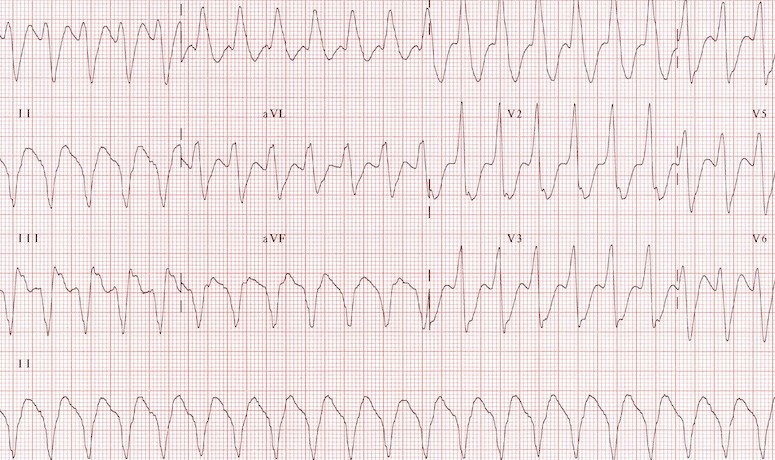
Do You Think the Cause of SVT is Related to Diet?
SVT stands for supraventricular tachycardia. There are many types of SVT, but atrial fibrillation is by far the most common and it is becoming more common. I wrote about this previously in a question about Atrial Fibrillation and highlighted an Australian study.
There are many types of SVT, but atrial fibrillation is by far the most common and it is becoming more common.
The good news is that while the cause of SVT is not caused by diet alone, a lifestyle that leads to 10% weight loss, control of diabetes, control of hypertension, that limits alcohol, and helps to treat sleep apnea, will help you improve the condition immensely. Here are all the recommended changes for people with atrial fibrillation and any of the risk factors for SVT.
- If you are overweight, lose weight (10% weight loss was when most people started to see a change).
- Eat a diet high in magnesium and or supplement with magnesium (I like magnesium citrate at 200-400mg a day. Note: this may make your stools loose).
- Take an Omega 3 supplement (2 to 4 grams of fish oil a day).
- If you snore, get evaluated for sleep apnea.
- Begin a program to gradually increase physical activity.
- Begin a stress management program to decrease stress hormones.
- If you are diabetic, begin a program to lower you hemoglobin A1C less then 7.0.
- If you have high blood pressure, work on lifestyle changes and seek treatment.
- Limit your alcohol to less than two drinks a day.
There are some causes of SVT that are best treated by electrophysiologists and anyone with SVT should see a physician for evaluation and treatment. You should also know that if you have any of the above conditions as well as atrial fibrillation, correcting the condition may reverse your atrial fibrillation. This is relatively new research so your physician may not know this yet.
Here is a link to a recent review article on the evidence for lifestyle modification for atrial fibrillation. Though they are not directly mentioned in this review, the evidence for omega 3 consumption and higher levels of magnesium also suggest that they may help restore and stabilize the heart’s rhythm. Any changes you plan to make should be discussed with your healthcare provider, who is familiar with your health history.
In addition, if you are on blood thinners, you should plan to have your INR level checked one week after you start this way of eating, and more frequently while your doctor adjusts your medication. Plan on continuing to eat approximately the same amount of green leafy vegetables every daily.
Have you had success in treating your atrial fibrillation or other SVT with lifestyle changes?









